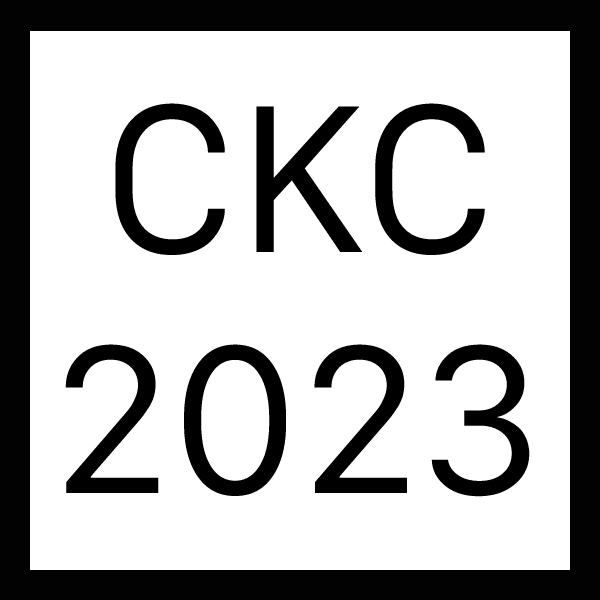CKC 2023: New Futures for Creative Economies
Day 1
No Space for Subculture, no Space for Disruption – Taming Creativity in Urban Development
Abstract
Recent urban development projects often try to cater to both high-tech innovation/ start-up culture and local culture/ sustainable living, carrying the hope of synergetic collaborations between them. In the process, “creativity” and more specifically the so-called “creative class” (Florida 2002) have become a staple in the search for innovative answers to increasing urban pressures. Against this background, my paper explores the (re-)making of prevalent understandings of creativity in respective urban development projects, thus alluding to the question what kind of urban futures are imagined here and by whom. In doing so, I focus on the local subculture and art scenes as a place where current innovation policies and alternative approaches of urban future-making collide. In three empirical case studies that are envisioned as collaborations between innovators and (sub)culturally oriented creativity, I specifically investigate the local context of Munich as an economically successful and over-saturated city with a relatively conservative approach to innovation, a particularly strong state logic and no apparent need for the “creative class” remedy. Following a co-productionist STS approach, I observe that these development projects serve as sites where understandings of innovation and creativity are configured and stabilized in keeping with broader socio-political and economic rationalities. What is more, the projects materialize a de-facto split between the two understandings of a “creative scene”: There is limited space for the locally grounded but rather messy approaches based on repurposing and improvising that are inherent to the arts and subculture scene. Ultimately, alternative and potentially disruptive forms of creativity become sidelined or even prevented in Munich’s imagination of urban development in the name of innovation and economic growth. Analyzing the notions of curation, sterility, and elite consolidation, I demonstrate how Munich’s strong state logic is taming the unruliness of creativity, and its disruptive threats, revealing the conservative effects of the city’s doctrine of economized creativity. Hereby, cultivating creativity becomes a move to cultivate innovation-driven modes of urban future-making while displacing society-and reform-based (counter-)visions rooted in subculture.
Biography



